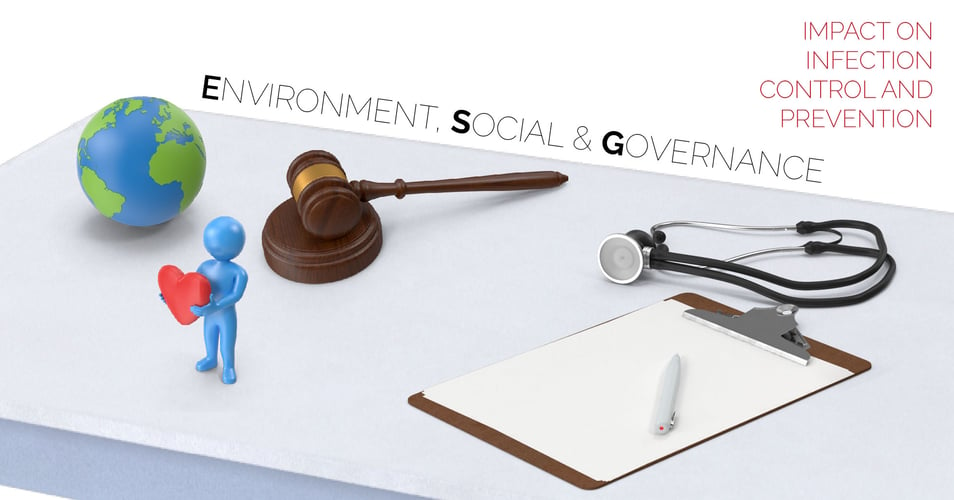

The recent wave of tariffs imposed on major U.S. trading partners, including Canada, Mexico, and China, is poised to impact industries across the board—including healthcare. With duties as high as 25% on imports, the healthcare sector faces higher costs for pharmaceuticals, medical devices, and everyday supplies. These increased expenses could inevitably trickle down to patients, either through higher prices or reduced access to care. In today’s post, we’ll look at the potential impact tariffs will have on the delivery and efficacy of healthcare in the US.
What Are Tariffs and How Do They Affect Healthcare?
Tariffs are essentially taxes on imported goods, typically levied as a percentage of the product’s value. While intended to protect domestic industries or penalize foreign trade practices, they often lead to higher prices for consumers as companies cover the cost of tariffs by increasing prices. In healthcare, this could translate to inflated costs for medications, medical devices, and essential supplies, creating a financial burden for both providers and patients. The more a product is manufactured in the USA (including sourcing materials, assembly, packaging, storage and distribution), the less it is impacted by tariffs.
Potential Upsides: Driving Domestic Production
Supporters of tariffs argue that they can foster long-term resilience by encouraging domestic manufacturing of critical healthcare goods. The COVID-19 pandemic exposed vulnerabilities in the global supply chain, particularly with shortages of intravenous contrast media—a substance crucial for diagnostic imaging. If tariffs drive more production back to U.S. soil, they could reduce dependence on foreign suppliers and strengthen the nation’s healthcare infrastructure. Additionally, domestic production could create jobs and enhance national security by reducing reliance on politically unstable regions. The issue is that there is no guarantee tariffs will drive domestic production and manufacturing.
Potential Downsides: Higher Costs, Reduced Access, Economic Slowdown
While tariffs may promote domestic production in the long run, the immediate impact on healthcare could be costly. Higher costs, reduced access, and potential economic slowdown will strain the system (including the supply chain) and create new challenges for patients and providers. As policymakers consider trade strategies, it’s essential to weigh the short-term financial burden against the uncertain promise of future self-reliance.
What About EOSCU?
We don't often focus on the specifics of EOSCU in this blog, but we will today in order to share how our manufacturing process protects us and our customers from the potential financial consequences of tariffs. (Of course, we can only share what we know at this time; tariffs seem to be an evolving trend so details may change after publication of this post.) First, the copper in EOSCU is sourced domestically, so no tariffs should not impact the cost of this vital ingredient. Second, our proprietary mix of copper and the other materials that make the biocidal surfaces that keep you and your patients safe have always been manufactured right here in the United States, again free from tariffs. Finally, the EOSCU headquarters, administration, production team, and sales staff are all USA-based. While the economic impacts felt nationwide will be felt in some part by businesses large and small, decisions made over a decade ago to keep EOSCU "Made in the USA" will assure healthcare facilities a smooth ordering and delivery experience despite current and future tariffs.
Looking Ahead
Only the future will tell the actual impact tariffs will have on healthcare delivery and patient outcomes. There are countless moving parts, including federal and state agencies, public and private healthcare payors, network and facility administration, along with numerous regulatory bodies that are engaged in close monitoring of our healthcare system. We must continue to seek data from these sources, demand non-partisan analysis, and work together to make sure that our nations remains strong and healthy.




